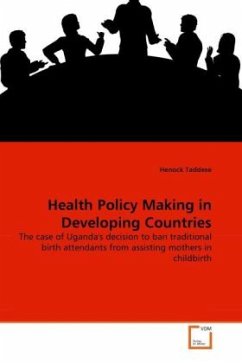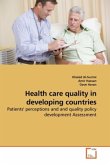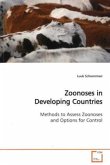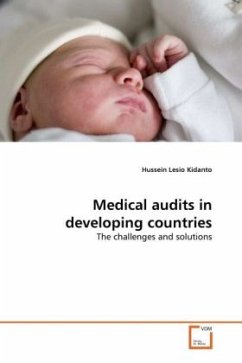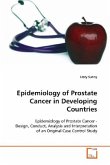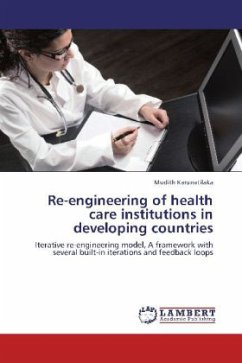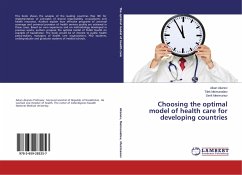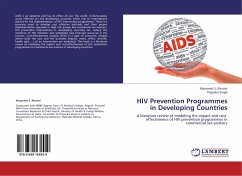The practice of health policy research in developing countries is characterised by overindulgence in analysis of content, while neglecting policy process, actors and context. This study sets out to generate critical learning on how the latter elements affect the adoption of international recommendations into national health policies in developing countries. The study investigates Uganda's decision to ban traditional birth attendants from assisting in childbirth. The study uses Kingdon's Multiple Streams theory as a guiding framework to understand how the policy-transfer process precipitated in a drastic decision that stands at odds with international recommendations. It is a qualitative study and semi-structured interviews were conducted with 13 policy makers. The book analyses the determinant factors that led to the policy: the understanding and use of evidence in the setting, the mode of actors' interaction and the type of policy deliberation, and the political context. The book offers critical insight into this under researched area and will be useful to policy makers, researchers and students of public policy and international health.
Bitte wählen Sie Ihr Anliegen aus.
Rechnungen
Retourenschein anfordern
Bestellstatus
Storno

